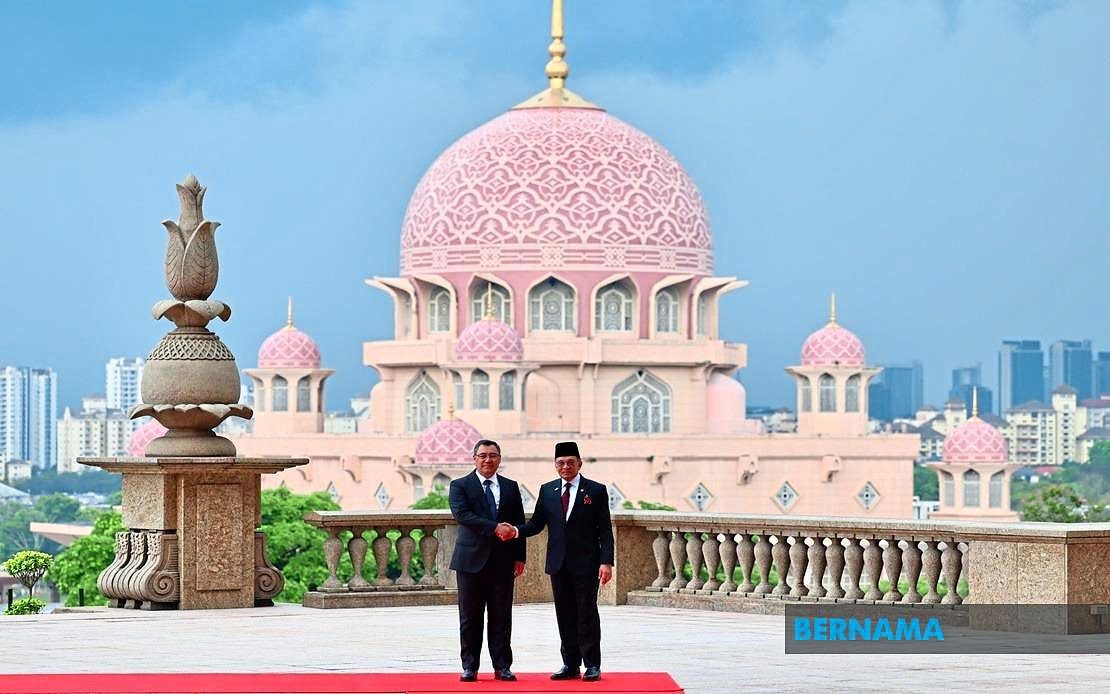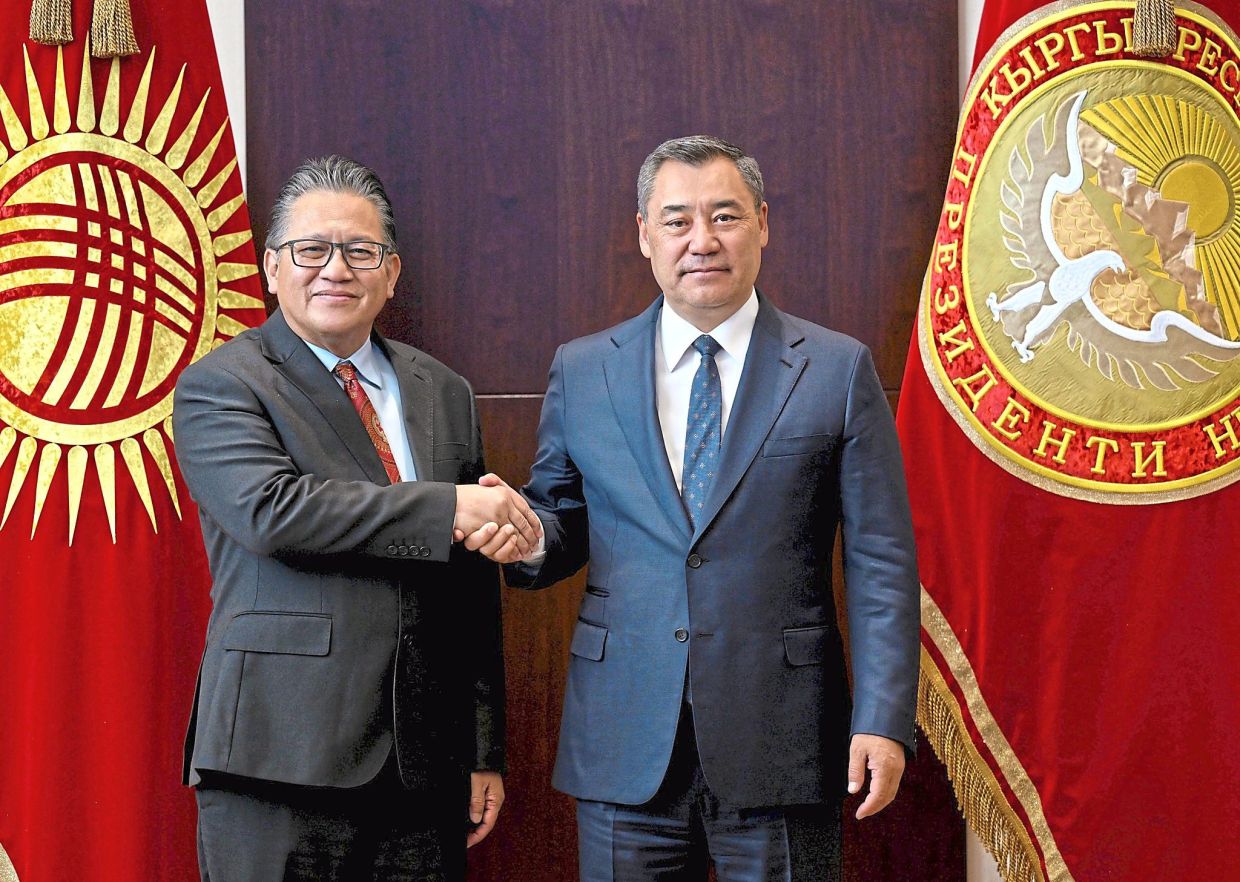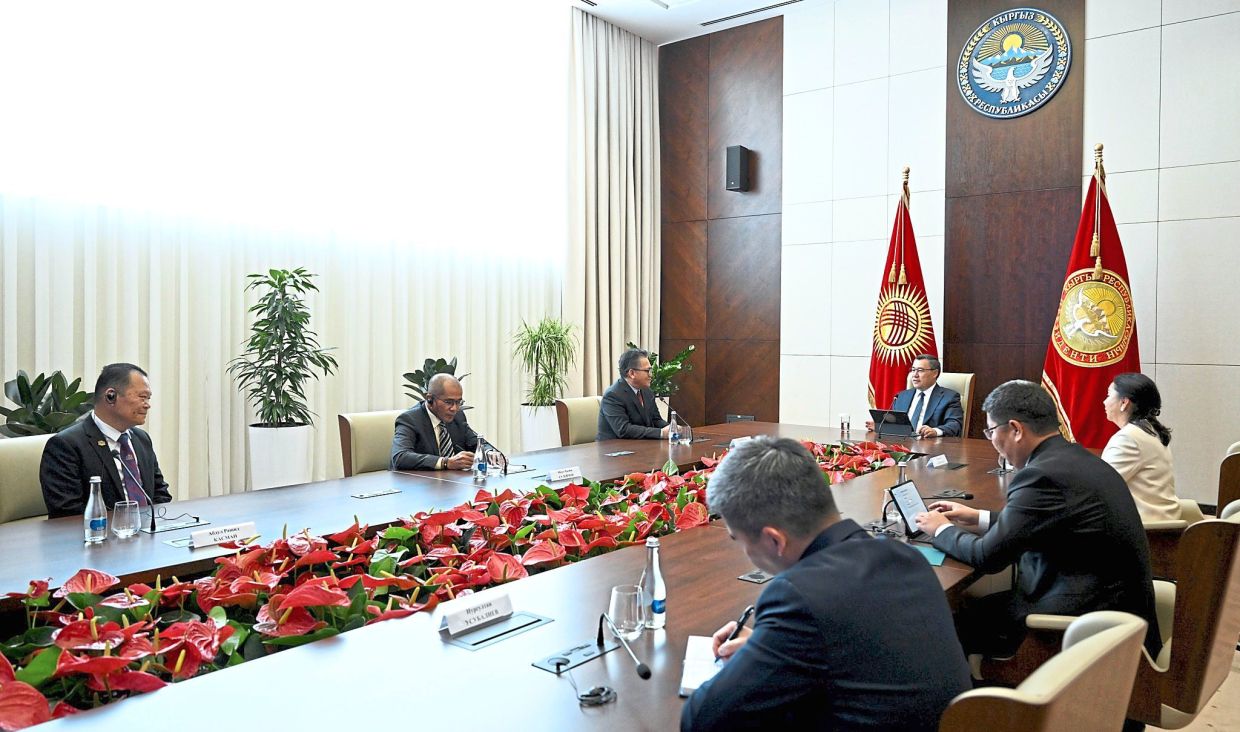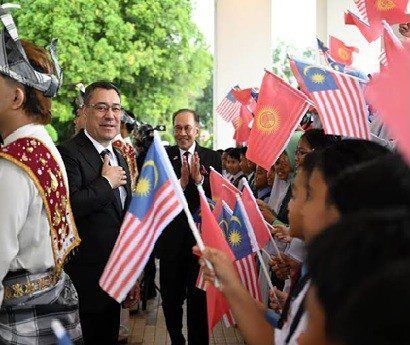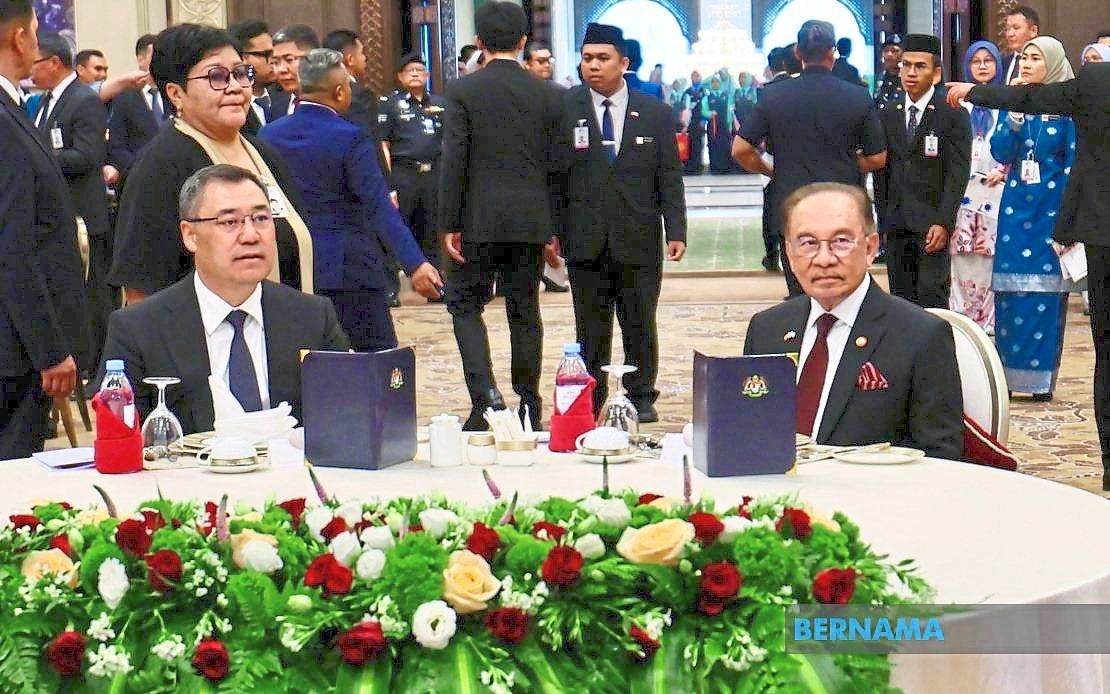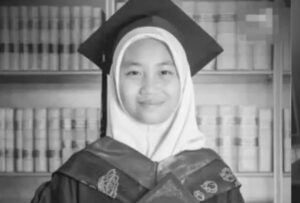ON Sept 25, the Jogorku Kenesh, Kyrgyzstan’s national Parliament, took a momentous step by approving its dissolution, paving the way for early parliamentary elections scheduled for Nov 30. This bold move marks a decisive effort to renew the country’s democratic mandate and signals a crucial turning point in Kyrgyzstan’s ongoing political evolution.
Amid this significant development, I recently returned from a visit to Kyrgyzstan last month, and as it turned out, fortuitously preceded the Jogorku Kenesh’s decision. My visit was part of Malaysia’s ongoing parliamentary diplomacy efforts to strengthen engagement and foster closer ties with foreign legislatures.
If there is one clear takeaway from my travels across Central Asia since my early years in the Dewan Rakyat, it is the consistent and growing aspirations of countries in this region to internationalise and claim a more prominent role on the global stage.
Since my last visit to the capital Bishkek in 2009, Kyrgyzstan has undergone a remarkable transformation, most notably evident at Issyk-Kul, one of the world’s largest and most breathtaking alpine lakes. Once largely undeveloped, this stunning region is now strategically poised to elevate Kyrgyzstan’s international profile as an emerging global tourism hub.
My discussions with senior members of the Kyrgyz administration confirmed the country’s active pursuit of greater integration into the global community. This includes amplifying their geopolitical voice via a bid for a non-permanent United Nations Security Council seat (2027-2028 term), and utilising cultural diplomacy through preparations to host the World Nomad Games next year, a major international event celebrating traditional nomadic heritage and cross-cultural exchange.
My official meeting with President Sadyr Zhaparov at the majestic Yntymak Ordo Presi-dential Palace vividly showcased Kyrgyzstan’s bold aesthetic national rebranding and modernisation ambitions. Beyond its architectural splendour, the palace stands as a powerful symbol of a renewed national identity and a resolute commitment to strengthening state institutions, a parallel to our own Perdana Putra.
Notably, in discussing our bilateral relations, President Zhaparov’s forward-looking approach to elevate Kyrgyzstan’s engagement with Malaysia as a strategic Islamic partner signals clear potential for our relationship to enter a new, more strategic phase.
As the Kyrgyzstan elections loom, its adoption of a first-past-the-post electoral system, akin to Malaysia’s, represents a major step towards strengthening political leadership and governance. This electoral change, signed into law by President Zhaparov in June, aims to simplify voting, strengthen local ties, and provide clearer mandates, directly addres-sing Kyrgyzstan’s history of political instability.
Mirroring Malaysia’s experience, this system empowers the winning party with a clear mandate to implement policies with greater authority and coherence. This structural reliability is essential, creating the secure environment Malaysia requires to deepen economic and developmental partnerships with Kyrgyzstan.
The Kyrgyz economy has also shown robust growth, averaging 9% GDP growth over the past three years and hitting 11% over the first eight months of 2025. Crucially, this economic momentum, fuelled by reforms and infrastructure drive, has been matched by a strong commitment to regional stability. A significant milestone is its willingness to broker peace with its immediate neighbour, Tajikistan, over a long-standing border dispute by signing a landmark agreement earlier this year.
With territorial contention no longer a barrier to regional cooperation, ambitious projects like the China-Kyrgyzstan-Uzbekistan railway, a cornerstone of China‘s Belt and Road Initiative, are firmly positioning Kyrgyzstan as a burgeoning transit hub along the modern Silk Road. This nexus unlocks valuable trade route opportunities and direct access to abundant resources, such as energy and rare earth minerals, for Malaysian companies to contribute to Central Asia’s economic growth.
A targeted, phased approach is the most effective way forward. The Malaysian private sector should immediately engage with Kyrgyzstan’s growing demand for products such as electronics, machinery, and processed foods, while simultaneously seeking to leverage Malaysia’s expertise in Islamic banking and expand trade in halal products, sectors where Malaysia holds a recognised global edge.
The potential for establishing direct flights between Bishkek and Kuala Lumpur was a major focus of my discussions as a necessary move to fully unlock our people-to-people ties. My personal experience in Bishkek confirmed that these ties are not just diplomatic but also deeply personal and enduring.
A poignant example was a hotel staff member who attended to me during my stay, a Kyrgyz national who spent his formative years growing up and studying in Malaysia. His family’s connection to Malaysia began two decades ago when his grandmother operated a Russian restaurant in Langkawi. Despite having left Malaysia for several years, he still speaks fluent Bahasa Melayu and thrives in his career, a testament to the long-term value of our educational and cultural exchanges.
In the current realm of geopolitical rivalry, Kyrgyzstan and Malaysia exemplify the transformative potential of the Asean+ Central Asia (C5) cooperation model, a concept frequently proposed by Central Asian leaders as a strategic counterbalance to global instability.
For Kyrgyzstan, deeper engagement with Malaysia and Asean provides a vital pathway to diversify its economy and mitigate dependence on traditional regional powers.
For Malaysia and the broader Asean region, forging stronger ties with the C5 members – Kyrgyzstan, Uzbekistan, Tajikistan, Kazakhstan, and Turkmenistan – will unlock new avenues for trade, investment, and strategic presence across the Eurasian landmass. Significantly, both blocs share a commitment to a multi-vector foreign policy that fosters sustainable growth and regional stability, ideally positioning this partnership to thrive in an increasingly multipolar world.
What is now a strategic necessity to complement this broader vision is the establishment of a Malaysian embassy in Bishkek. Throughout my visit, it became clear that this has been the missing diplomatic anchor needed to cement our growing partnership with Kyrgyzstan and advance Malaysia’s “middle power” foreign policy within the Asean + Central Asia framework.
Commercially, an embassy grants Malaysia a direct foothold in the Eurasian Economic Union (EAEU) via Bishkek, allowing us to better navigate trade access and investment rules across the entire bloc. Acting decisively to open an embassy would not only execute our “pivot to Central Asia” but definitively signal a commitment to meaningful regional engagement.
If Wisma Putra is serious about expanding Malaysia’s global footprint and deepening ties with emerging capitals, then Bishkek should be high on that list. Establishing an embassy there is no longer just a diplomatic option. It is a timely imperative that signals our unwavering intent to engage a region of growing global importance.
Senator Datuk Nur Jazlan Mohamed is a politician from Umno and has been serving as the deputy president of the Senate, Parliament of Malaysia, since June 2023. He was the deputy Home Affairs minister from 2015 to 2018. The views expressed here are solely the writer’s own.
